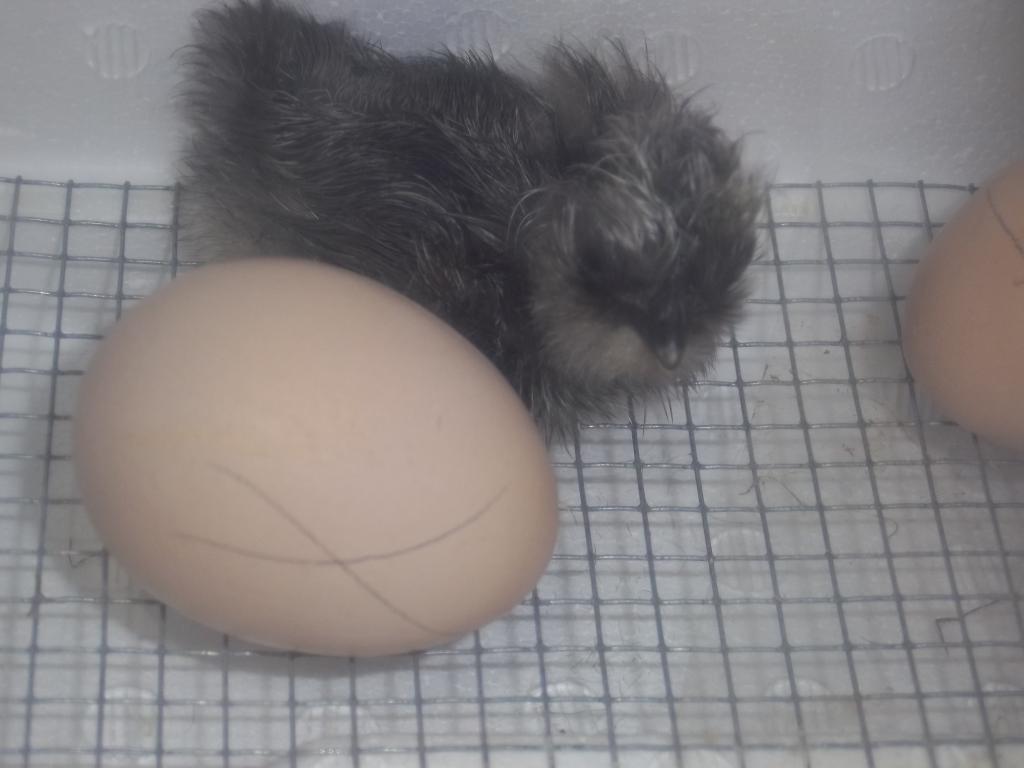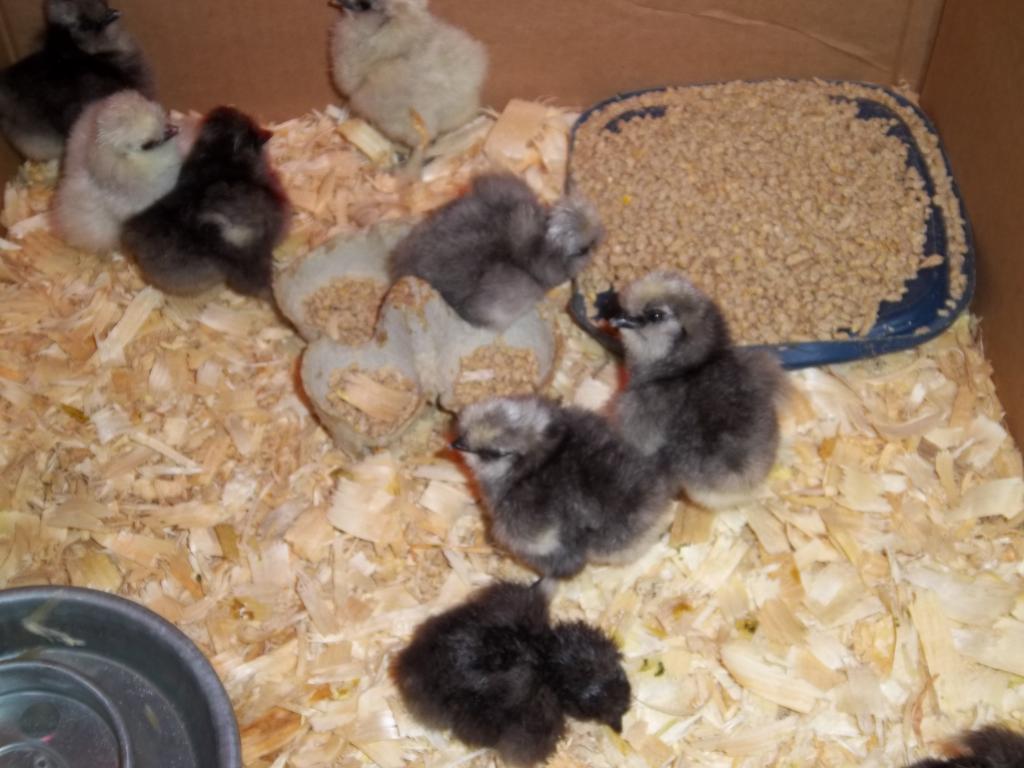Beth G. :
Quote:
I think alot of people are under the impression that if a bird has been vaccinated they are good to go. I think that the USDA needs to get out there and really start to educate people on what Mareks really is, Also how much is unknown about it even to the Vet's and Scientists, and that the vaccine is only the herpie's strain found in turkeys. It doesn't cover all wild migatory birds.
I somehow wish USDA and local Dept of Ag's would get pamplets together and have auctions, shows, swaps, feedstores around the US hand them out when purchasing bird, poultry item, or even a bag a feed. And, also put up posters or something. Yes I know it would be costly but, I think it needs to be out there and we need to educated whether your a first time chicken owner, or a professsional breeder. Things change and pop up all the time.
I know I'm asking for alot and it probably will never happen but, All I can say is I'm grateful I get to see my Ag testers every 3 months at my farm b/c they keep me posted and abreast to whats going on out there in the world with respects to disease.
Mareks is in virtually ALL flocks that are not kept in extreme controlled conditions (think of things like a 2 year quarantine). There are different variations of vaccines available, but none are completely effective. There is really no cost benefit to your idea--vaccination does not prevent the virus from spreading--it merely prevents clinical levels of disease in most, but not all cases.
There are other things (such as botulism poisoning) that present like the bird pictured. Electrolyte imbalance can cause similar symptoms. IMO, the bird does not appear to have the typical mareks posture. Both botulism and electrolyte imbalance can occur rapidly. Electrolyte imbalance is more likely in hot than in cold weather. Botulism can occur at any time, but damp condtions or decaying vegetation increase the liklihood. I see nothing to indicate head trauma.
Quote:
I think alot of people are under the impression that if a bird has been vaccinated they are good to go. I think that the USDA needs to get out there and really start to educate people on what Mareks really is, Also how much is unknown about it even to the Vet's and Scientists, and that the vaccine is only the herpie's strain found in turkeys. It doesn't cover all wild migatory birds.
I somehow wish USDA and local Dept of Ag's would get pamplets together and have auctions, shows, swaps, feedstores around the US hand them out when purchasing bird, poultry item, or even a bag a feed. And, also put up posters or something. Yes I know it would be costly but, I think it needs to be out there and we need to educated whether your a first time chicken owner, or a professsional breeder. Things change and pop up all the time.
I know I'm asking for alot and it probably will never happen but, All I can say is I'm grateful I get to see my Ag testers every 3 months at my farm b/c they keep me posted and abreast to whats going on out there in the world with respects to disease.
Mareks is in virtually ALL flocks that are not kept in extreme controlled conditions (think of things like a 2 year quarantine). There are different variations of vaccines available, but none are completely effective. There is really no cost benefit to your idea--vaccination does not prevent the virus from spreading--it merely prevents clinical levels of disease in most, but not all cases.
There are other things (such as botulism poisoning) that present like the bird pictured. Electrolyte imbalance can cause similar symptoms. IMO, the bird does not appear to have the typical mareks posture. Both botulism and electrolyte imbalance can occur rapidly. Electrolyte imbalance is more likely in hot than in cold weather. Botulism can occur at any time, but damp condtions or decaying vegetation increase the liklihood. I see nothing to indicate head trauma.

 silkies :
silkies :






